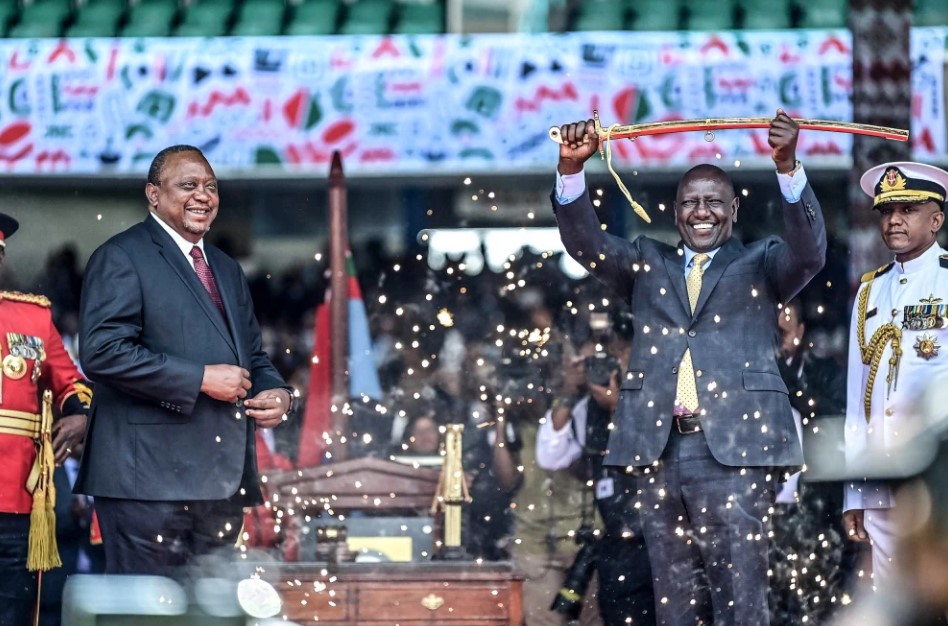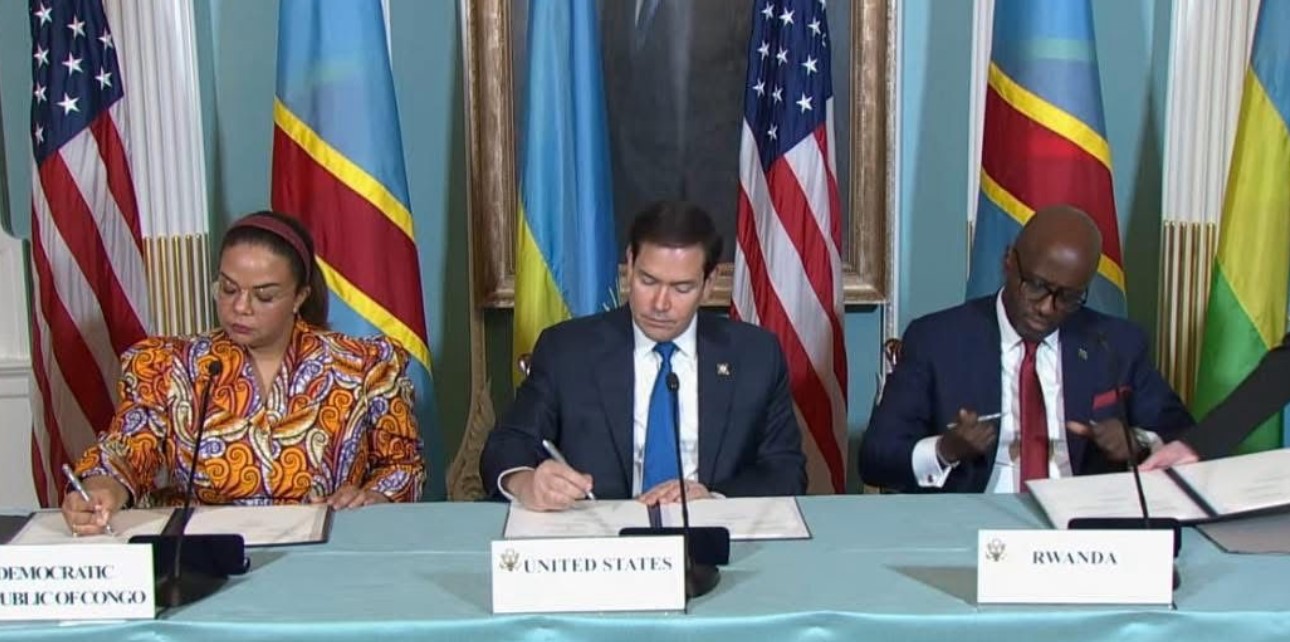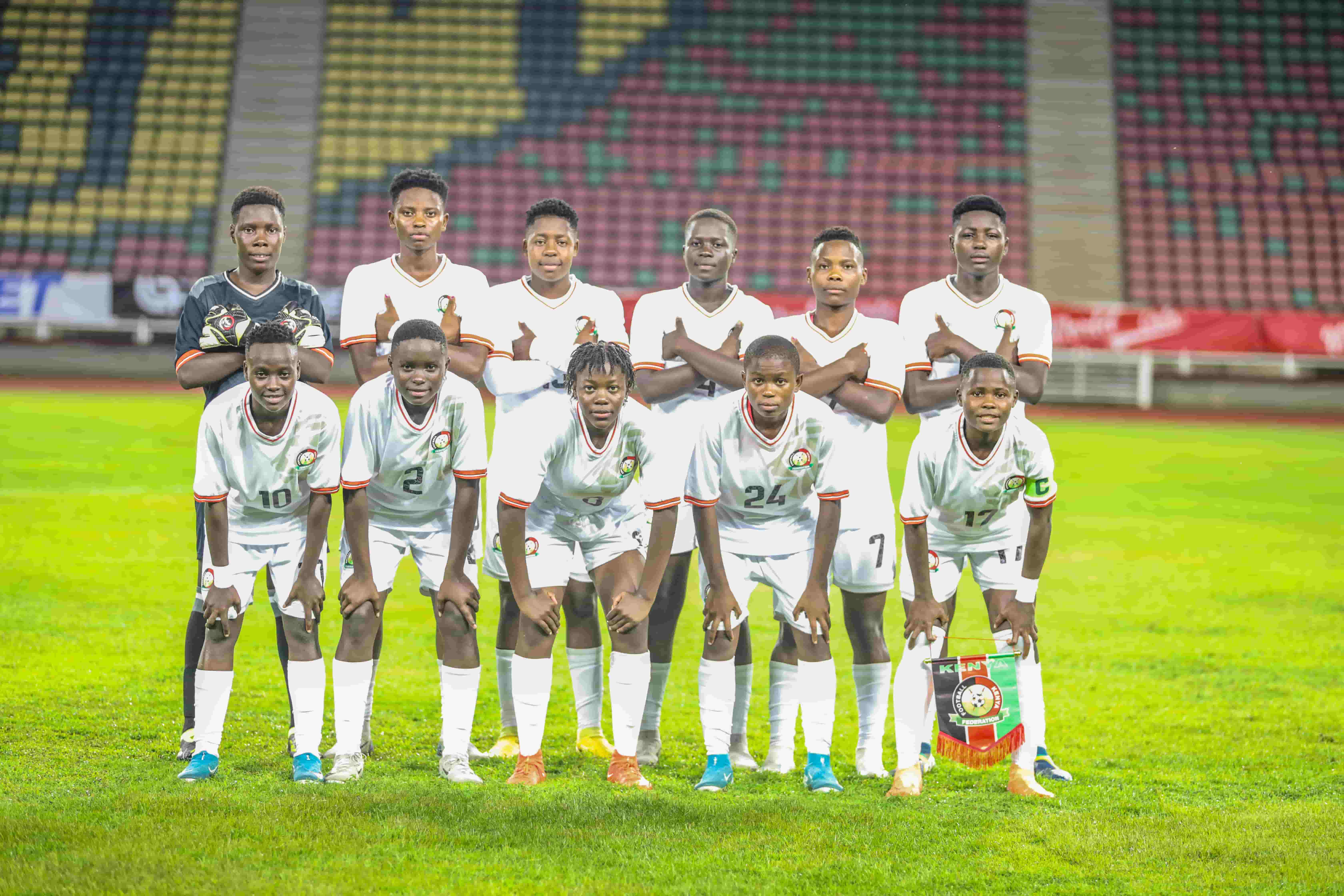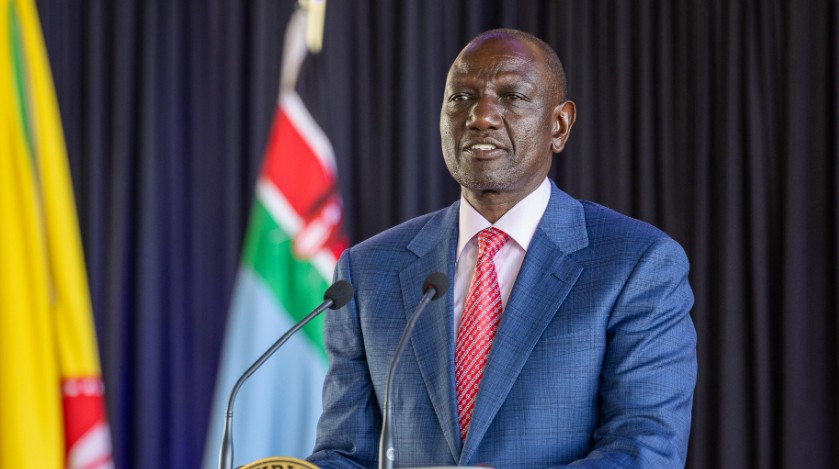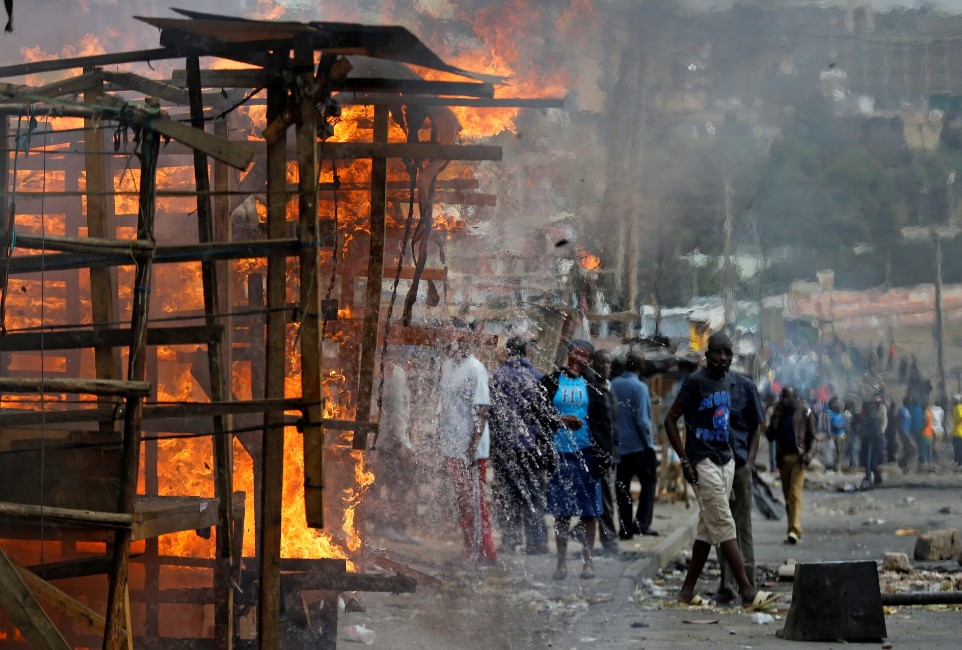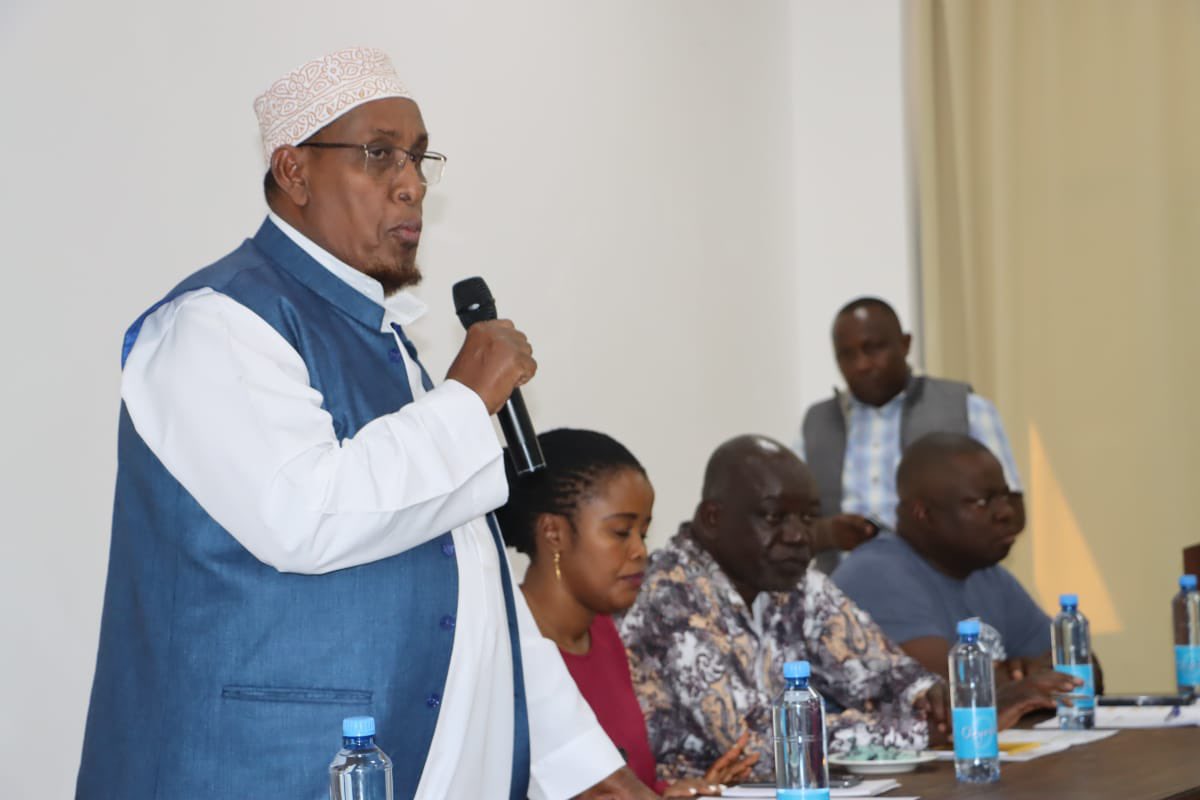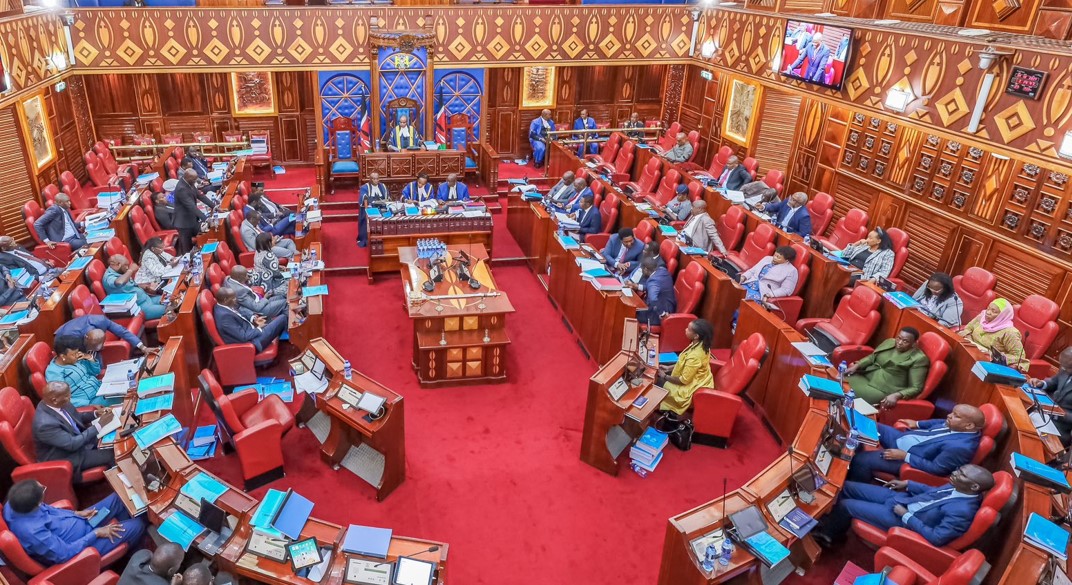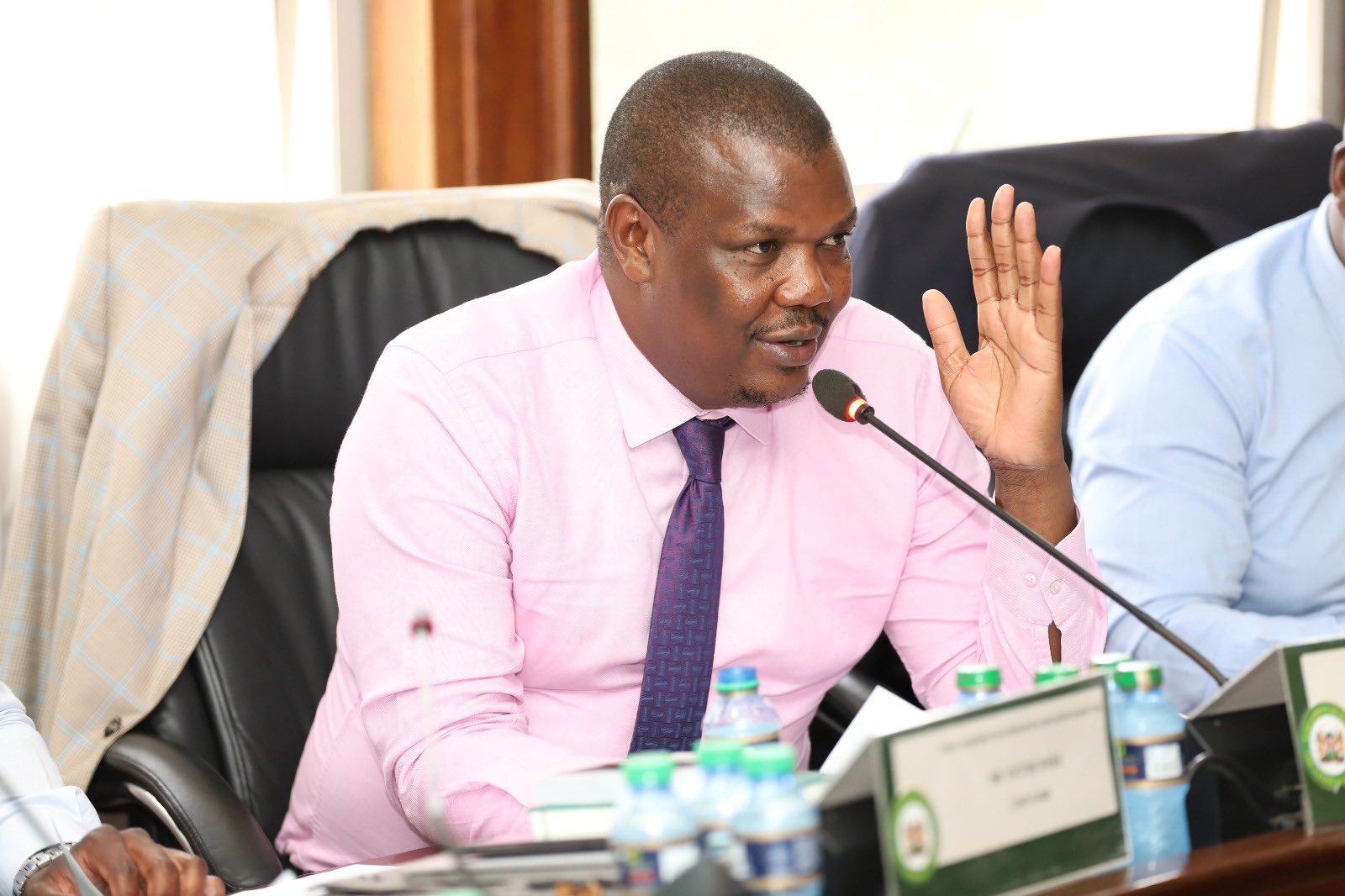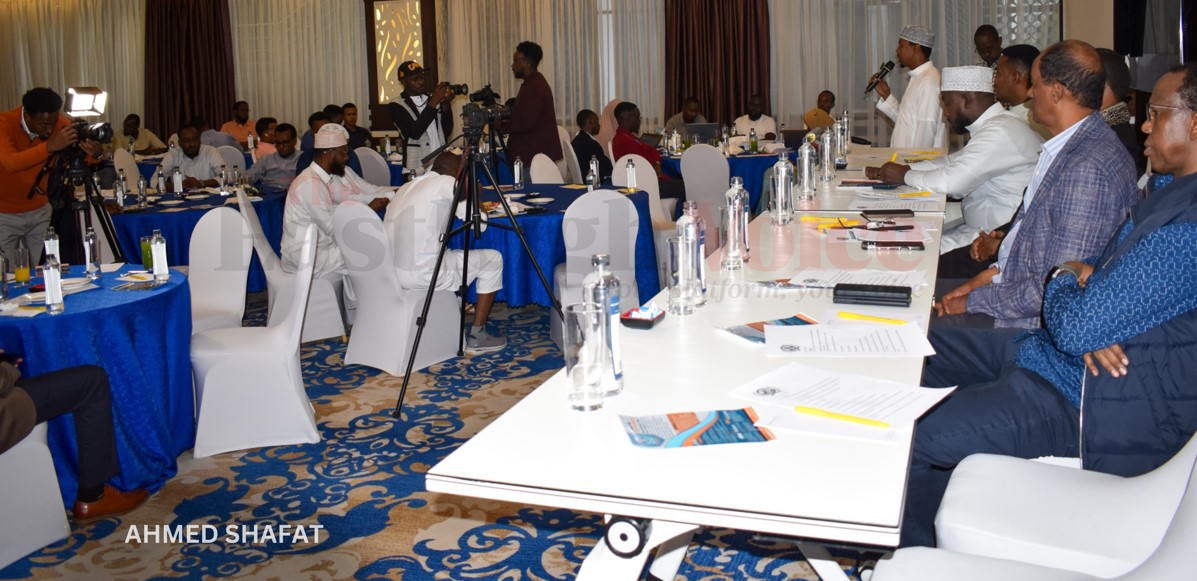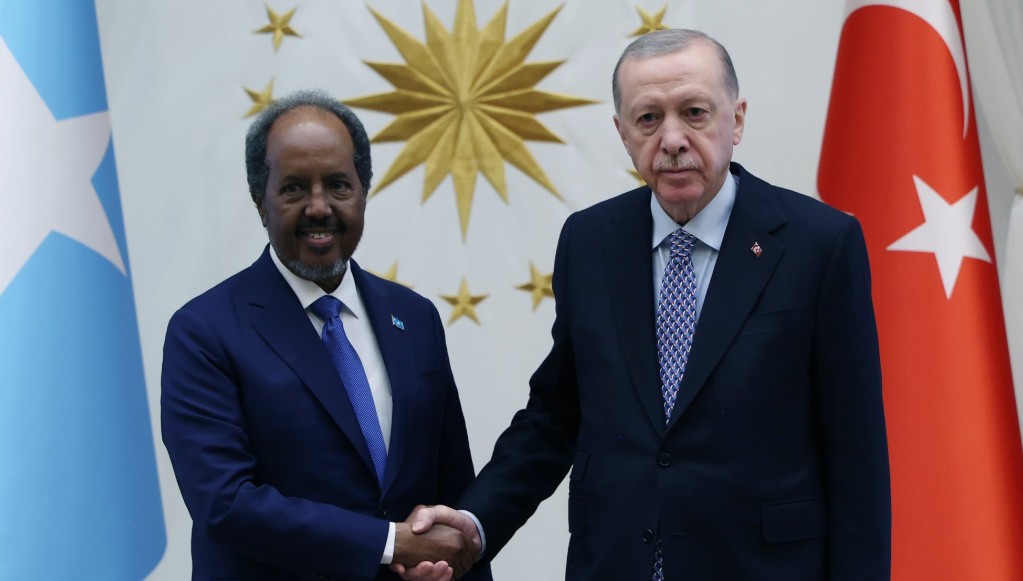Kenya risks vaccine stock-outs unless state secures Sh1.6 billion, warn women MPs
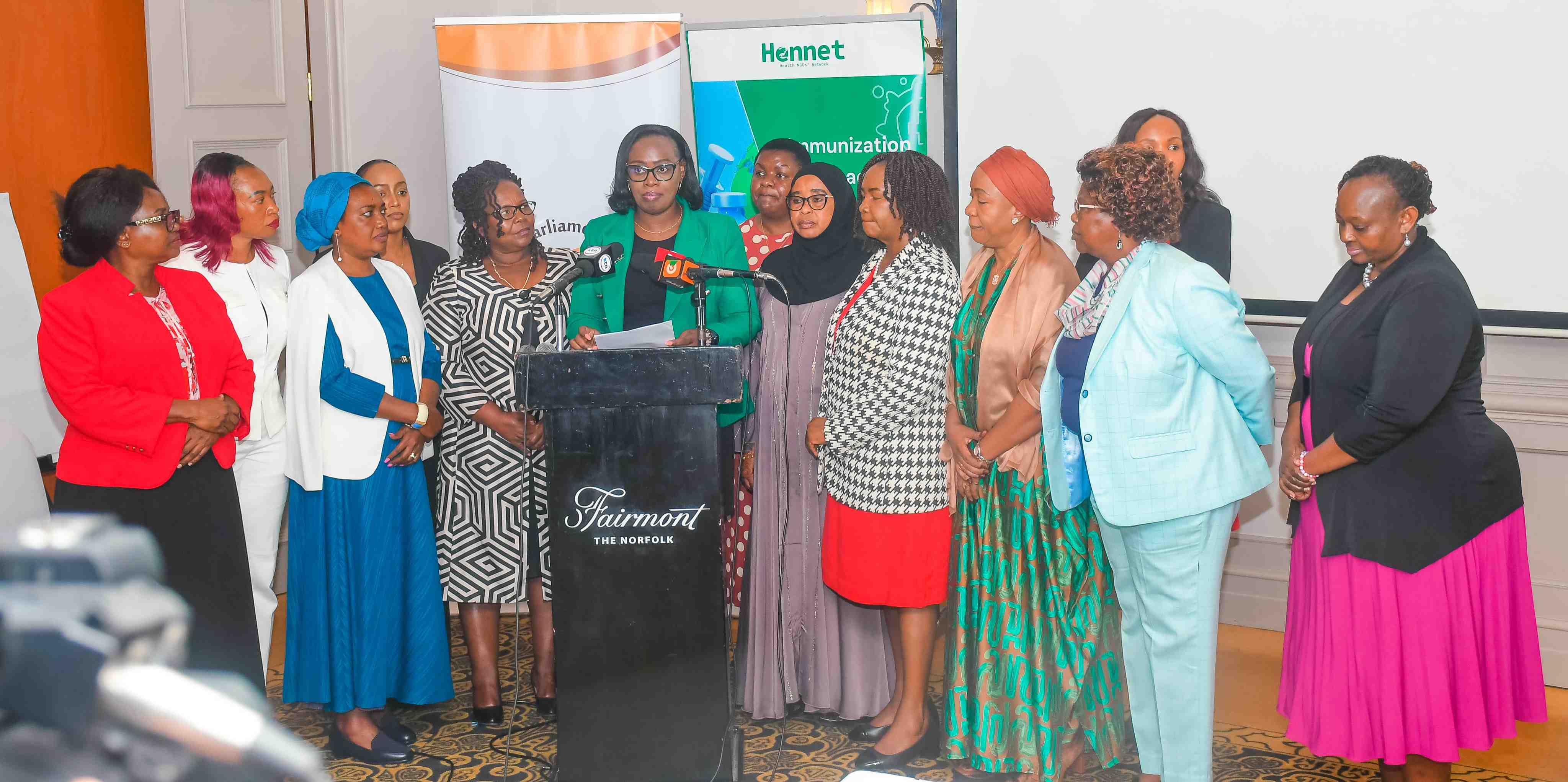
Kenya is facing a dire vaccine shortage, with stock levels expected to be depleted by June 2025, placing millions of children at risk of preventable diseases.
The government has been urged to prioritise vaccine financing in the national budget to avert a crisis, as Kenya faces a critical shortage of immunizations, with stock set to run out by June 2025.
The Kenya Women Parliamentarians Association (KEWOPA) says the government must raise Sh1.5 billion to Sh1.6 billion by June 2025, amid the impending withdrawal of GAVI, the Vaccine Alliance, which has supported essential vaccines.
More To Read
Kenya is facing a dire vaccine shortage, with stock levels expected to be depleted by June 2025, placing millions of children at risk of preventable diseases. The women MPs say the country requires the funds to replenish its vaccine supplies.
KEWOPA has called on the government to take urgent action to secure sustainable funding for immunization programmes. MPs are particularly alarmed by Kenya’s failure to meet its Sh1.6 billion ($12,485,880) vaccine co-payment obligation under the Global Vaccine Alliance GAVI Agreement. This payment was due on March 29, 2025.
In a letter dated January 28, 2025, GAVI reminded the Ministry of Health about the outstanding co-financing obligation for the 2024-2025 fiscal year. The failure to meet this deadline has drawn criticism from KEWOPA, which has called for immediate action.
“This is not a matter for further delay. The health of our children is at stake, and timely payment is essential to ensure a continuous and reliable vaccine supply,” KEWOPA Chairperson Leah Sankaire, also the Kajiado Woman Representative, said.
Sankaire emphasised that while KEWOPA appreciates Kenya’s achievements in child health and immunization coverage (which stands at 85 per cent), any further delays could reverse these gains.
“We call on the Ministry of Health and the National Treasury to take this matter with the seriousness it deserves,” she added.
“Immunization is donor-dependent, and that support is rapidly declining. We need to progressively increase domestic allocations.”
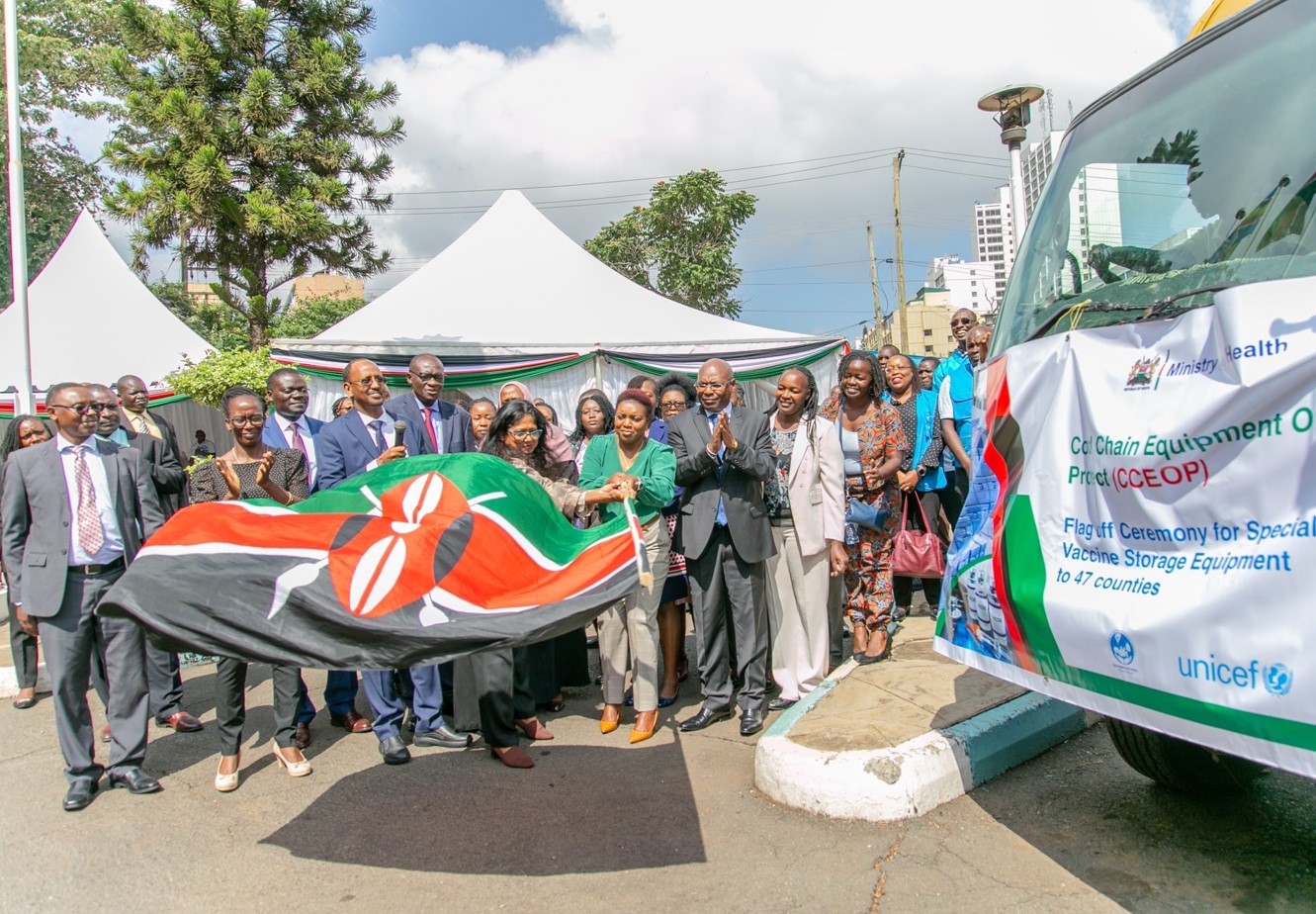 Former Health CS Susan Nakhumicha flags-off the distribution of cold chain equipment from GAVI to 2,061 health facilities nationwide on March 5, 2024. (Photo: UNICEF)
Former Health CS Susan Nakhumicha flags-off the distribution of cold chain equipment from GAVI to 2,061 health facilities nationwide on March 5, 2024. (Photo: UNICEF)
Vaccine stock status
Sankaire further called for the Ministry of Health to provide the National Assembly with information on the country’s vaccine stock status for routine immunization. She also urged the National Treasury to report on the status of Kenya’s GAVI co-financing obligations and payment schedules.
“Additionally, we urge the government to fully finance the immunization budget for the upcoming 2025/26 budget cycle. With the GAVI Transition plan for Kenya targeting 2029, we seek to see the proposed transitional plan with clear commitments from the Kenyan government to ensure that we will not have vaccination gaps as we progress towards self-financing,” Sankaire said.
The shortage comes at a time when Kenya is preparing for the withdrawal of GAVI, the Vaccine Alliance, which has been a significant donor for vaccines like HPV and yellow fever. GAVI plans to phase out its support by 2029, but there are growing concerns that the withdrawal could occur sooner, creating greater urgency for Kenya to secure alternative funding sources.
Wesley Rono from the Health NGOs Network (HENNET) stated, “For the government of Kenya, they are financing largely the traditional vaccines… We are talking about BCG, Measles and Rubella, tetanus, and oral polio vaccines and other emergency strategic vaccines.”
Executive Director of HENNET, Margaret Lubaale, added, “There is a looming crisis, and by June 30th, we need to have paid the necessary financing. The figures are to the tune of Sh1.5 to Sh1.6 billion. If we don’t pay by June, it means we will have a stock out of polio and measles vaccines.”
The health sector in Kenya is under immense pressure, with the government struggling to balance competing health priorities, such as TB, HIV, and immunization. GAVI’s exit could jeopardise the availability of crucial vaccines like polio and rotavirus unless new funding avenues are found.
Despite the government allocating Sh4 billion annually for vaccines, there are concerns that these funds are not ring-fenced, making them vulnerable to diversion for other sectors.
The cost of fully immunizing a child is Sh12,086, and the government must increase its budget allocation to ensure vaccines remain accessible to all.
The transition to fully self-financed immunization programs by 2029 presents a significant challenge, particularly as donor support declines and the public increasingly resists government revenue initiatives. This resistance was evident in the rejection of the 2024 finance bill, which left the government scrambling to secure funds for essential services.
“We want to ensure that as Kenyans, we are not at the mercy of lenders. GAVI has supported Kenya’s immunization program for a long time. The accelerated transition has been reached. By 2029, we are expected to fund immunization 100%,” Irene Mayaka, a member of KEWOPA, said.
Recent stockouts of BCG, measles, and tetanus vaccines have also raised concerns among stakeholders, who warn that these frequent shortages could undo the progress Kenya has made in immunization.
HENNET’s Dr. Lubaale highlighted that the GAVI transition period is designed to help Kenya gradually increase its financial contribution to immunization programs.
“We have been given an eight-year transition period under the GAVI framework, which provides a gradual path toward self-financing our immunization programs,” she said.
Initially, GAVI was set to exit Kenya by 2027, but a compromise was reached to extend support through a co-financing agreement. Countries such as Somalia, Sudan, and Haiti have successfully met their co-financing obligations under the GAVI framework.
Top Stories Today

